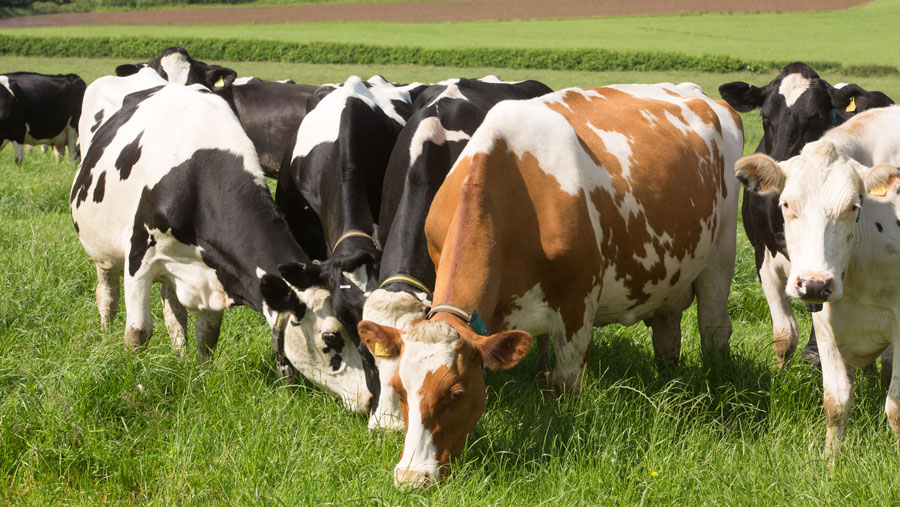Methane reductions vital to curb climate change, warns IPCC
 © Tim Scrivener
© Tim Scrivener Strong, rapid and sustainable reductions in methane emissions are needed as part of efforts to tackle climate change, according to the latest report from the world’s leading climate scientists.
The recommendation is included in the most recent United Nations report from the Intergovernmental Panel on Climate Change (IPCC), published on Monday (9 August).
Globally, the UN says methane – the second most abundant greenhouse gas after carbon dioxide – is responsible for about 30% of global warming since the pre-industrial era.
See also: Mock 2050 weather forecast highlights climate challenge for farmers
The report says there has been a “faster growth” in atmospheric concentration of methane since between 2014-2019, which is “largely driven by emissions from the fossil fuels and agriculture (dominated by livestock) sectors”.
Methane emissions from enteric fermentation (digestion in the rumen) and manure have increased gradually since 1990 due to an increase in global total livestock numbers, the report states.
Industry reaction
Responding to the report, farming organisations pointed out that while methane may be a more potent gas, critically, it is a short-lived climate pollutant which dissipates from the atmosphere within 10-20 years.
In addition, the carbon dioxide into which the methane breaks down is effectively re-absorbed by the plants that provide food for ruminants, essentially creating a closed loop. Conversely, carbon dioxide stays in the atmosphere for decades, even centuries.
Scientists at Oxford University are working on more accurate ways to measure methane – and other short-lived climate pollutants – than that used in the existing calculation methodology by the IPCC, known as GWP100, amid concerns that this unfairly demonises ruminants.
The Irish Farmers Association (IFA), said a key message from the IPCC report is that human-induced production of carbon dioxide, which is predominantly from burning fossil fuels, is the dominant greenhouse gas driving climate change.
To have a chance of stopping the effects of climate change and global warming, limits on the use of fossil fuels and an end to deforestation is needed, said IFA president Tim Cullinan.
He added: “The report highlights the need to reduce methane and we will continue to work to reduce methane emissions in agriculture, but it’s vital that [the Irish] government puts the structures in place to support farmers on this journey.”
Net zero ‘by 2040’ – NFU
The NFU said farmers in the UK were already producing some of the most sustainable food in the world and remain committed to further reducing greenhouse gas emissions and increasing carbon sinks, with the industry working towards its own net zero aspiration by 2040.
The IPCC’s report also highlights that the human influence on the climate is already affecting all regions of the planet and changing the frequency and intensity of weather extremes, from heavy rainfall and associated flooding to more intense and frequent heatwaves.
Met Office chief scientist Prof Stephen Belcher said: “This report is the starkest yet and presents overwhelming evidence to the delegates of the COP26 climate conference in Glasgow in November that without urgent action we won’t avoid the worst impacts of climate change.”
